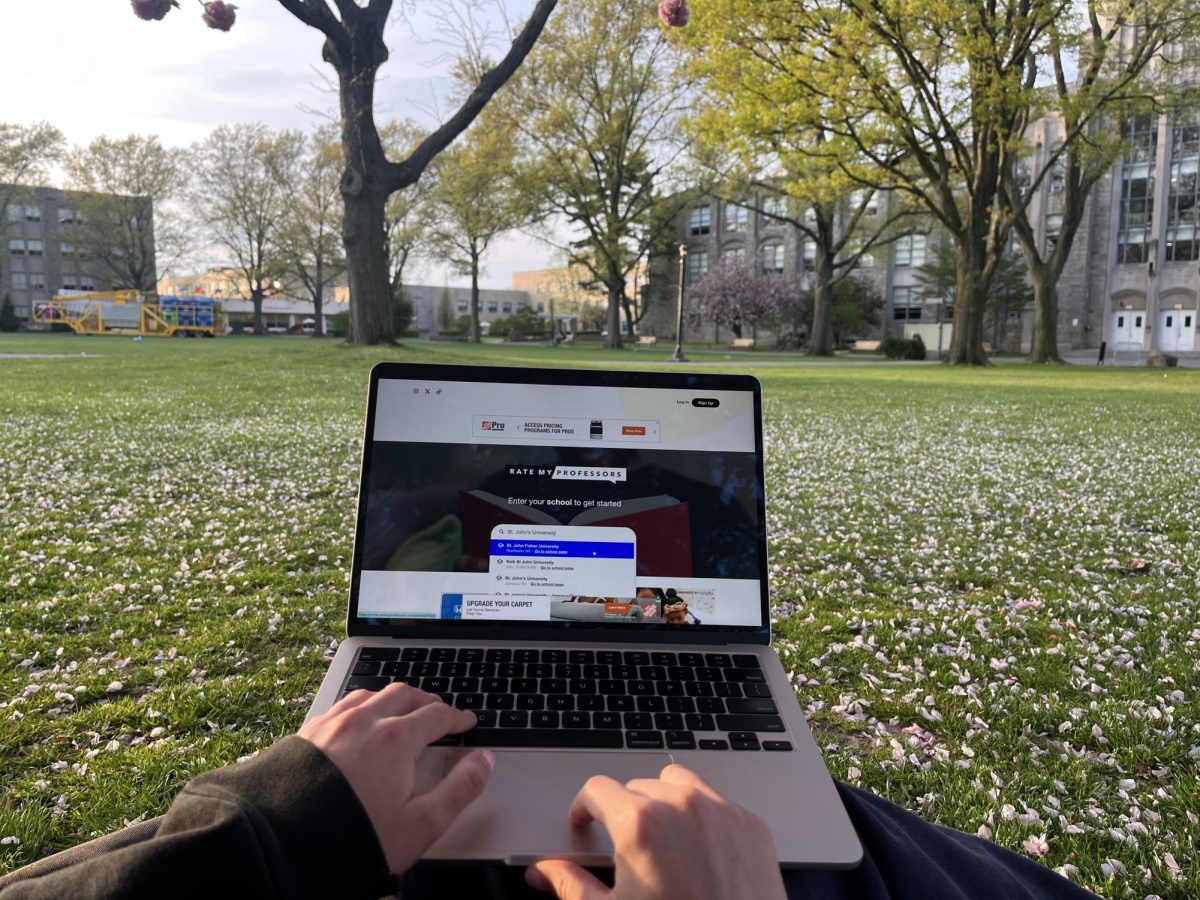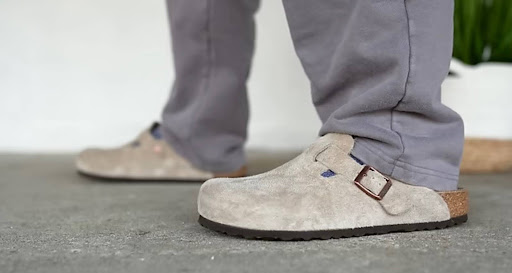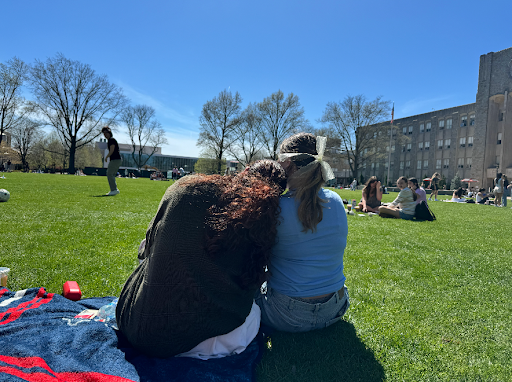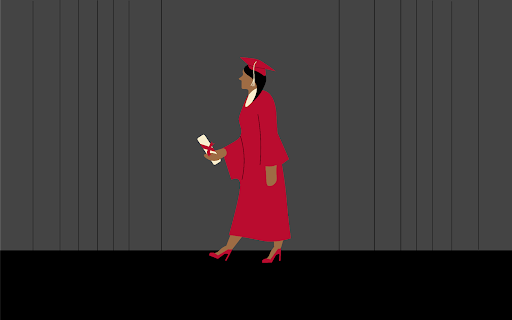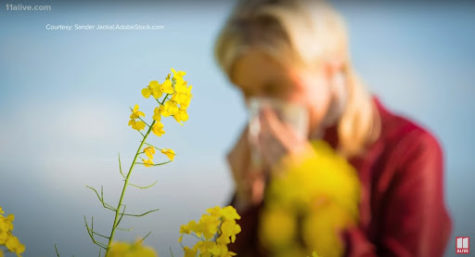
Springtime means flowers budding, trees blooming, and the sun shining – but it can also mean sneezing, congestion and headaches (both figurative and literal ones). Known as the season of rejuvenation, Spring is more commonly known as ‘allergy season,’ and has come to be dreaded most by those who suffer from seasonal allergies. Whether you feel mild symptoms or more severe ones, allergies can spoil springtime fun. However, learning more information about the mechanics of allergies and how to alleviate symptoms will have you back in the swing of spring activities in no time.
With springtime comes beautifully colored flowers blossoming all around us, bringing vibrancy into the season. Yet, that’s not all flowers do; when plants grow and bloom, they produce pollen which can cause allergy symptoms. Plants release tiny pollen grains that fertilize other plants of the same species. Pollen from trees, weeds and grasses are light enough to travel by wind and cause the most problems, according to the Asthma and Allergy Foundation of America (AAFA).
When participating in outdoor activities, there are various precautions one can take to ensure relief from harsh allergies. According to the AAFA, to reduce exposure to pollen when outside we can wear sunglasses and hair coverings, avoid going outdoors during peak pollen times, and if doing yard work, wear a protective mask and gloves.
“I plant flowers in the springtime, and my mom always told me to put a mask on, even before the pandemic. One time, I didn’t wear a mask or sunglasses, and my allergies were awful that year. I was super sick,” said Giavonna Bovino, a senior speech pathology and audiology major. “I didn’t realize how much the pollen would affect me without these face coverings, but now that I know, I have to make sure I wear them. Otherwise, I can barely be outside.”
“It’s a small price to pay when the weather starts to get warmer. I’d rather wear sunglasses and a hat outside than be inside on a nice day,” states Bovino. For someone like Bovino, who struggles with severe seasonal allergies, the AAFA provides several tips to control pollen amounts, especially since it has the potential to follow you inside after spending time outdoors. Some tips include, but are not limited to: keeping windows closed, removing shoes before entering the house, changing and washing the clothes you wore outside, showering before getting into bed and drying laundry inside, not on an outdoor clothesline.
For those with lesser allergies, like Elisabeth Casey, a sophomore biology major, the springtime doesn’t wreak allergy havoc. “Since my allergies are typically mild, I don’t dread going outside when it’s beautiful out,” says Casey. Occasionally I’ll take an allergy pill and I’m set for the day.” And while some may not be suffering with awful allergies, precautions can still be taken – for example, something as simple as taking an allergy-preventing medicine or checking the pollen count daily. Most pollens reach peak levels from noon to the early afternoon; however, during pollen season, the count is never zero, so we must be cautious despite the time of day.
Certain allergy symptoms can impact quality of life. Headaches, sinus pressure, facial pain and nasal congestion “can result in decreased concentration at work. Difficulty breathing…can interfere with activity and exercise, which can be a stress outlet for many,” says Dr. Kara Wada of the Ohio State University Wexner Medical Center. When you are consistently not feeling well, it can lead to anxiety and depression. So, taking the necessary precautions can help prevent those things from happening.
You don’t have to dread springtime allergies, as long as you are prepared and do what works best for you, you can enjoy the beautiful seasonal weather that New York offers.












